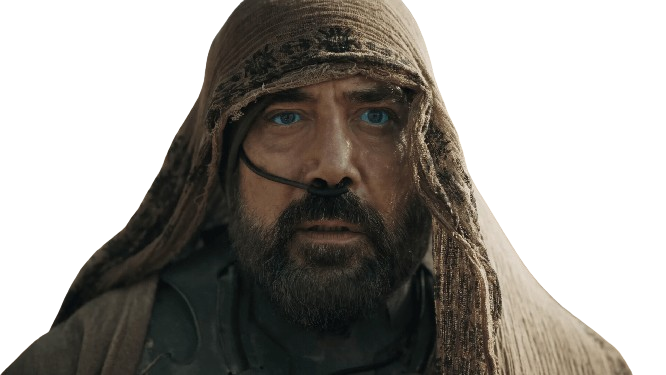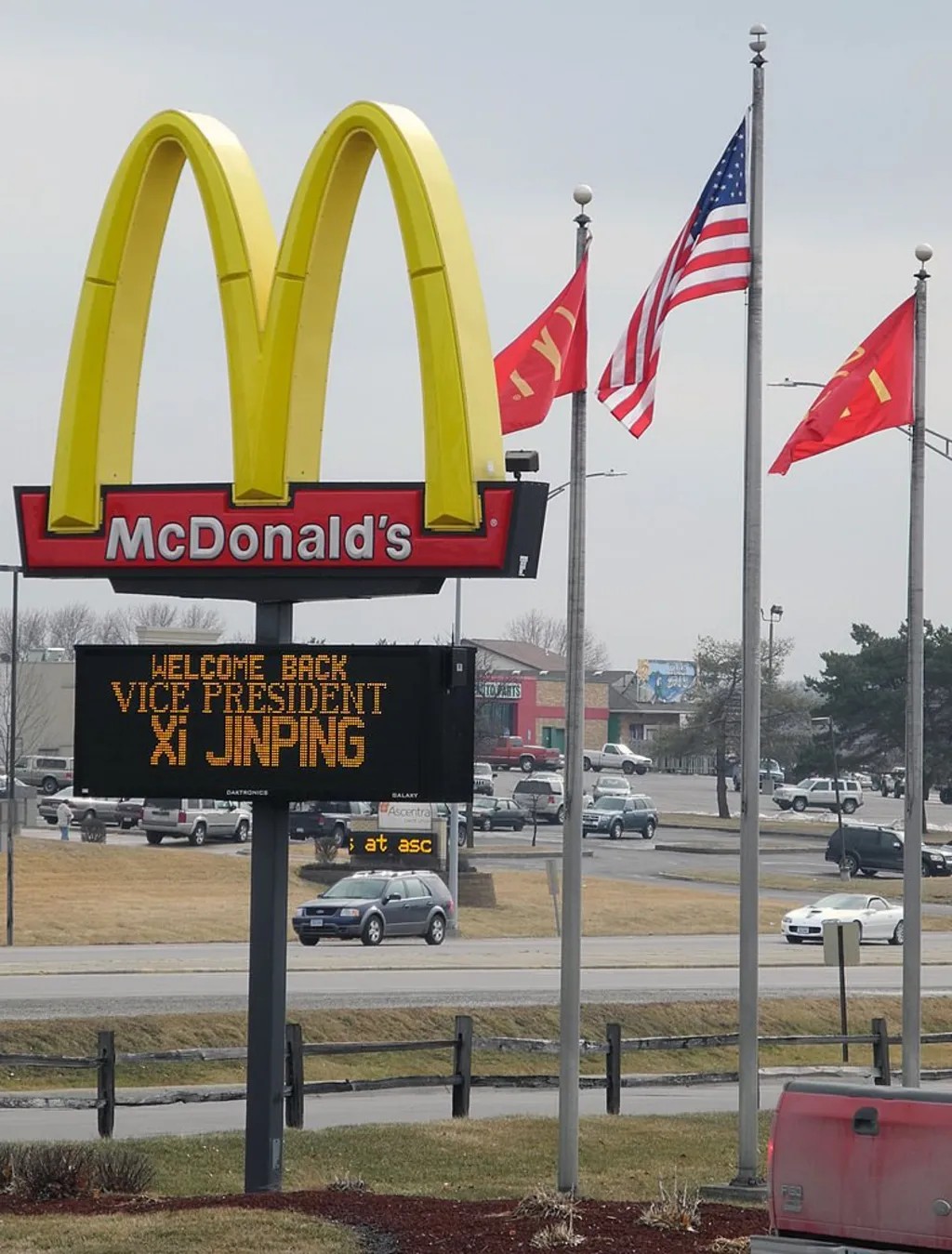its two syllables why would it need a nickname
abc
"socialistic in a capitalistic society" lmao that's going on my tinder profile
Debt was written (at least partially) during the 2008 Financial Crisis so it makes sense that it is a lot different in tone/scope to Bullshit Jobs which was borne out of a bunch of essays.
Idk why OP even put Bullshit Jobs in the same vein as anything of Naomi Klein's because Bullshit Jobs doesn't even talk about 'totalitarianism' lol; and to be fair, even Shock Doctrine talks about various points in Chile, China, Iraq, and the USSR's histories like Pinochet's coup and Yetslin's dissolution of the USSR.
you've gotta live in the city for like 10 years at a minimum before you can even open your mouth about bodegas or the MTA so I don't think this plan is well thought out
the Queens grandmothers are not going to be happy when you knock on the door to canvas and they ask you "where are you from" and you say "i just moved here" they're gonna kill you
i say this as the son of a native NYC resident who moved out of the state (why did you fuck your children like this mother, we could've been living in Rochester or Albany since you didn't wanna raise kids in the city, why did you move out of the state...) but every time she goes back, our cousins/uncles/her friends who still live in the city will NOT give her the time of day once she starts yapping about how X or Y has changed - except for the Chinese restaurant they all used to eat at around Christmas, apparently it was the highlight of their childhood and all of them will get real morose anytime one of them brings it up.
i'm sorry but as a diabetic i'm not letting my friends breastfeed me to prevent a low - hypoglycemia take me i'm dying in the woods
actually i changed my mind i wanna be part of Butch's Tunnel Snakes
 TUNNEL SNAKES RULE
TUNNEL SNAKES RULE
Whichever gang snaps their fingers menacingly as they do shit; I think they'd probably be fun to hang out with and gentlemen all around
thanks babe did you like twin peaks
Twin Peaks, Twin Peaks: Fire Walk With Me, & Twin Peaks: The Return - seminal to so many other TV shows and video games. Had a trans character (played by a cis man fwiw but still) in the 90s that was not meant as a joke and they return in 2017's The Return where Lynch gives the (arguably) famous "Fix your hearts or die" line. Great soundtrack throughout. And all around amazing cast of actors (many of which, sadly, never anything better afterwards). Can still be debated to this day about certain themes, the meaning, etc. If the theme song doesn't evoke something in you we can't be friends (I knew my best friend was my best friend when we used to live together back in 2016 and I was rewatching through S1-2 in prep for The Return & they came out of their room one night and went "alright tell me about this damn show, I've heard this theme song every night from my room for like the last week")
Mad Men - One of the shows that really ushered in the current 'golden age' of TV we're in at the moment (although I'd argue that ended basically; so maybe 'last golden age of TV' is more proper). The last show I remember getting really popular before streaming was big. Seven tight seasons of 1960s American advertising, the cynicism that dwells within it, and one man's struggles. This isn't exactly a communist show or anything & is set in the late 50s-60s, so there are moments where you'll go 'wtf is this' but the show never really tries to use the era for shock value. Also has an amazing soundtrack. Both Jon Hamm and Elizabeth Moss' big breaks & they never have a bad scene or episode. I will always recommend this one to people who haven't seen it because, like how Breaking Bad (which aired basically concurrently to Mad Men) and Game of Thrones were a lot of people's first 'prestige' TV show they watched as it aired, Mad Men was mine. Watch the Carousel pitch from the first season's finale if you want some idea of what the show is about.
spoiler
Don Draper is a cheating, lying, alcoholic who doesn't even love himself. Days before the pitch he gives his brother, who just wanted to see him, a wad of cash and tells him to never contact him again out of fear his old life would reemerge. He finds out his brother killed himself in his hotel room and then gives a great pitch about how Kodak's new device should be called The Carousel because it lets you go 'Around and around and back home again. To a place where we know that you're loved'. GOOD SHOW fuck you Don you're an asshole
The Rehearsal - I think Nathan Fielder and I would get along (or hate eachother) if only because we are very weird but also strangely sincere. Nothing like Nathan For You, which was more comedic but that isn't to say The Rehearsal doesn't share a lot of the same roots - it just goes in a different direction.
David Graeber slander you could've just recommended Debt instead of Bullshit Jobs




 It will be legal and encouraged to hunt & kill any unhoused person in at least 13 states by the end of the year at this rate.
It will be legal and encouraged to hunt & kill any unhoused person in at least 13 states by the end of the year at this rate.
 In America, you are forced to work full-time for poverty wages and when you are made homeless due to an uncontrolled and unregulated housing market, they will send you to live and work in a government camp...
In America, you are forced to work full-time for poverty wages and when you are made homeless due to an uncontrolled and unregulated housing market, they will send you to live and work in a government camp...


boomers love the "you catch more flies with honey rather than vinegar" line but THEY NEVER PUT IT INTO ACTION.
Was once on a family vacation with one of my best friends, her parents are like 65ish. So not boomer boomers but they were able to buy a house right out of college on a single income, etc etc. Well, we had to change rooms suddenly at the hotel we were at and my friend's sister, hours later, realized the bottle of perfume her dead grandmother had given her was missing and was in tears talking about how she should've never brought it on the trip, yadda yadda. Well, she goes down to the lobby still crying and tells the manager on duty that she think it is in the bedside table's drawer & the manager is like "someone else is already in the room so we can't do anything but give them a call in the morning and ask them to check; the cleaning staff must not have seen it because otherwise they would've brought it down here to the lost and found"
"someone else is already in the room so we can't do anything but give them a call in the morning and ask them to check; the cleaning staff must not have seen it because otherwise they would've brought it down here to the lost and found"
Well, turns out the lost and found DID have an empty ring box that was also in the drawer (she had bought a ring at some store and put the box in the same drawer with the perfume) - so sister comes back, still upset, and is like "I think one of the cleaning staff probably took it because the lost & found had the empty ring box but not the perfume and they were in the same drawer, so I'm not sure how one would've turned up but not the other".
Whole family is about to make a scene and me & her dad are both sitting there in the pool like "guys...chill out, forming a militia to hunt down some poor cleaning lady is not the move here" (in retrospect I should've just kept my damn mouth shut but I felt I had to be the voice of reason before a bunch of angry women started harassing every cleaning lady they saw about perfume)
Her mom looks at me and smiles. "ABC is right. You catch more flies with honey instead of vinegar. ABC will you come with me down to the lobby? I'm just gonna tell the manager that we're offering a $100 reward no questions asked if the perfume turns up" Stupidly, I say sure and go to the room to put on some dry clothes.
Tell me why the first words out of her mouth when we get down to the lobby and the manager shows up are "I'm not accusing ANYONE of theft but it seems like someone may have accidentally put it in their pocket..."
I wish I could've seen my face during this because the entire time I was sitting there just thinking "you're using vinegar! you're using vinegar!! this is not honey at all!!!"
and no, if you were wondering, the perfume did not turn up but I made sure to tip the housekeeping staff on our way out because none of them were willing to do so lol